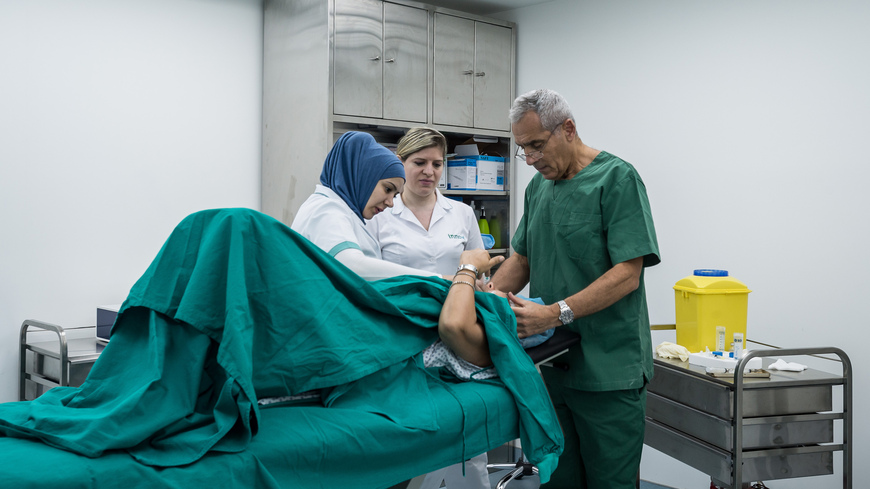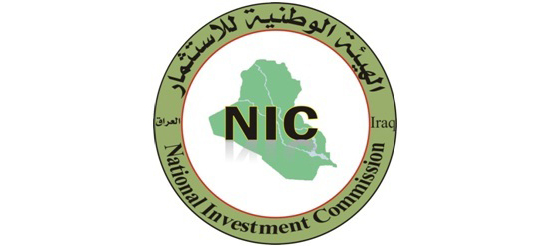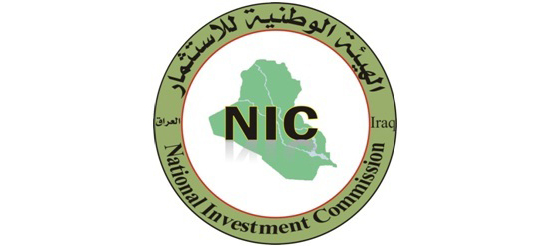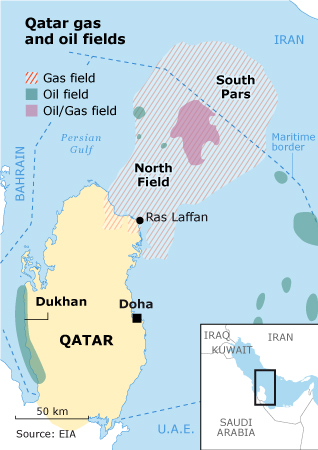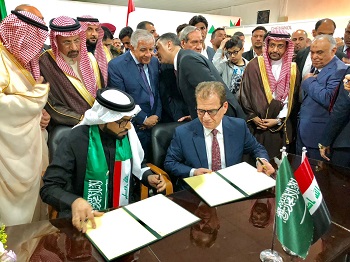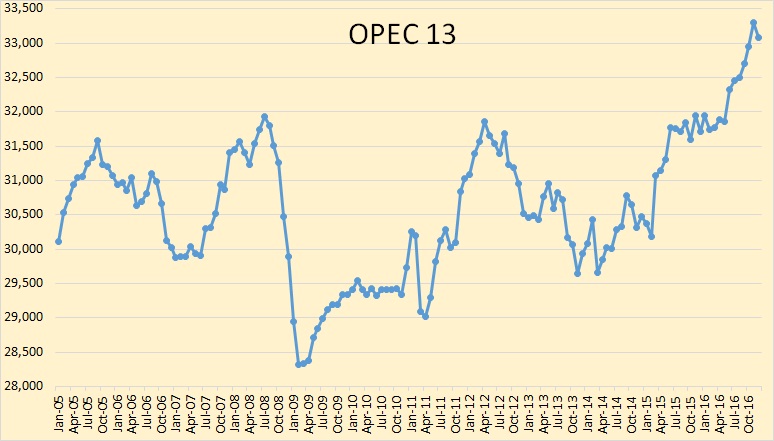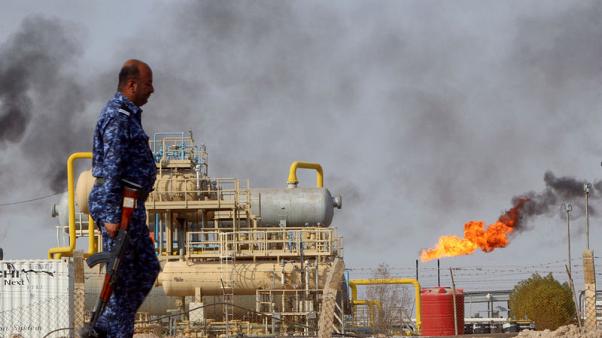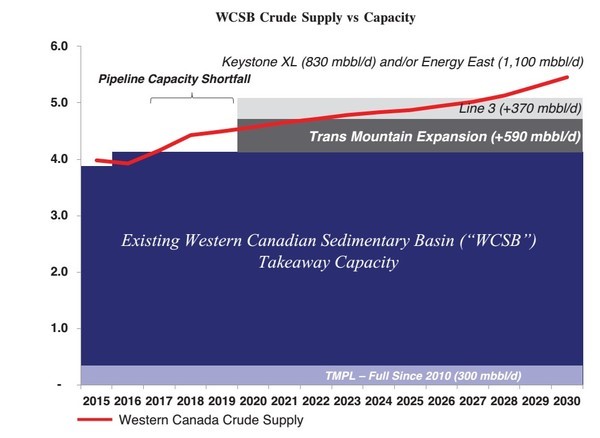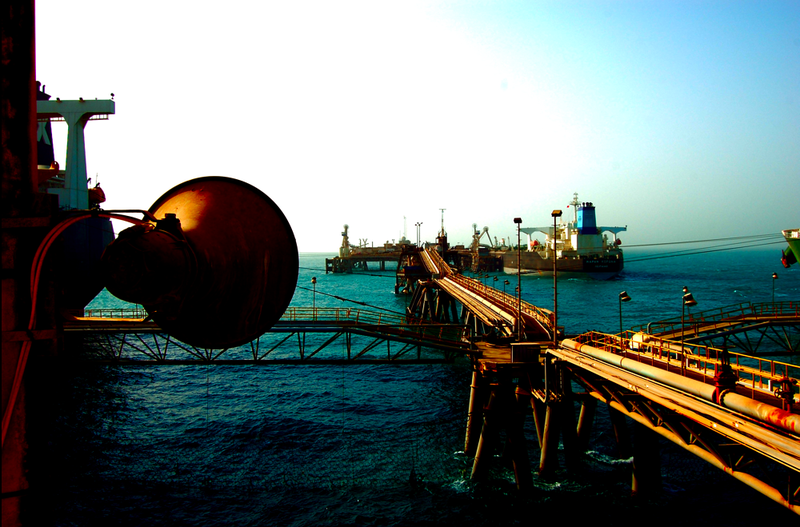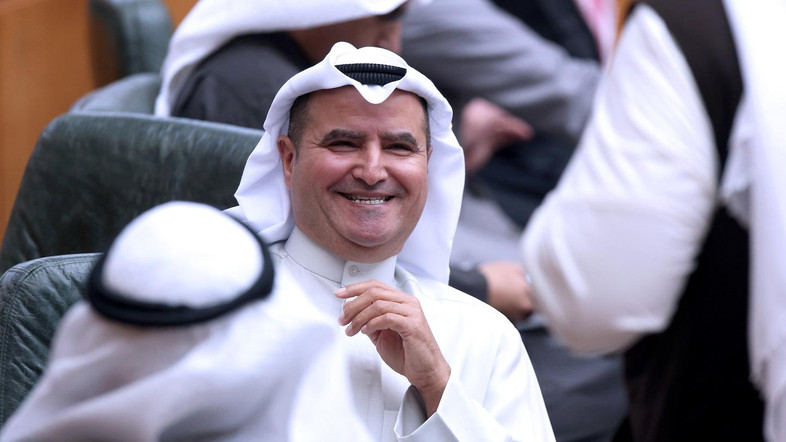By Adnan Abu Zeed for Al Monitor. Any opinions expressed here are those of the author and do not necessarily reflect the views of Iraq Business News.
From a quick visit to the local barber shop for laser hair removal to a trip to Lebanon for liposuction, Iraqis from all walks of life are turning to cosmetic surgery.
An annual report issued by the International Society of Aesthetic Plastic Surgery places Iraqis as the top nationality receiving plastic surgery in Lebanon. According to the report, 0.3% of cosmetic operations of 2016 were carried out in Lebanon.
In Iraq, however, those who perform unlicensed cosmetic operations will find it difficult to give stem cell injections and laser treatments in the future. The Ministry of Health is shutting down unlicensed beauty salons and massage parlors in Baghdad, according to a report by Al-Hurrah News. The report said that more than 52 salons in Baghdad were closed on Nov. 17, when the Ministry of Health began the operation.
The unauthorized salons are a response to the growing demand from Iraqis of all social classes, not just the rich, for cosmetic surgery.
The editor of the All Beauty Guide website, which evaluates Baghdad’s beauty salons, told Al-Monitor, “Hundreds of beauty salons have spread in Baghdad and other provinces over the past couple of years.” The editor, who asked not to be named, also pointed out, “Iraq has become a cheap and convenient destination for plastic surgery, with many patients coming from neighboring countries.”
According to the Tajmeeli website, which provides information on cosmetic procedures, tummy tucks are very common in Iraq and carried out by qualified specialists starting at $750 per operation, a price affordable for middle-class families.

